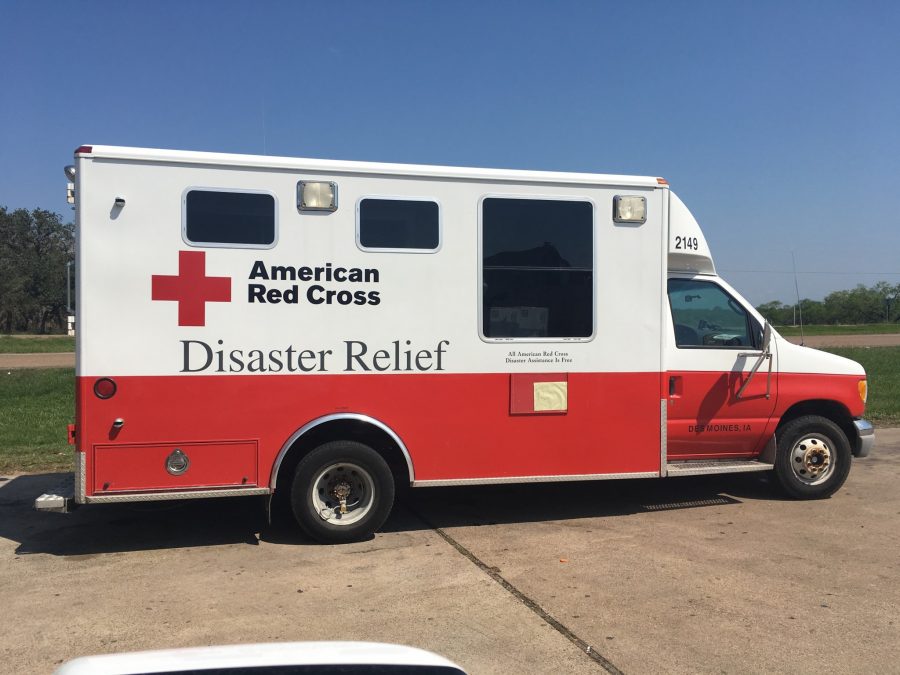As is typical when disaster strikes, Americans across the country opened their hearts and their wallets when Hurricane Harvey hit Texas last month. Wallets opened and donations streamed towards Houston and the others areas affected. Citizens across the state and across the country traveled to the Texas coast to help rescue stranded humans and animals alike.
The ability of Americans to set aside disagreements and arguments surrounding politics and faith is to be admired. Yet, mixed in with all of the heartwarming stories and scenes flooding social media is a growing uneasiness with the flagship of disaster assistance in the US: The American Red Cross.
After any disaster, ads and testimonials for the Red Cross join its logo, begging for money and touting its unfailing aid to citizens across the country. With Hurricane Harvey, former president Barack Obama joined in the fray, urging Americans to help by making a $10 donation by simply texting “Harvey” to the organization. Walmart and other corporations are loud and vocal supporters. President Trump had a Red Cross representative visible during a televised update.
This would seem like a good thing, and it would be if the money actually made it to where it was needed. However, media reports have documented many, many Red Cross failures. Red Cross has had problems accounting for how millions of dollars have been spent after disasters like the 2010 earthquake in Haiti. They were unable to explain even basic expenditures, such as how many people received assistance and how much of the money was spent on overhead.
The Red Cross’s record on large-scale operations is spotty, and there has been a distinct lack of accountability, especially considering the fact that it receives a considerable amount of money from the government. It has been awarded only two of four stars from Charity Navigator, a nonprofit organization that evaluates charities. A public relations nightmare was created for the organization when, during Hurricane Isaac in 2012, a Red Cross truck driver reported that supervisors ordered trucks to drive around empty for appearance’s sake. During Hurricanes Katrina and Rita in 2005, the organization had serious delays in distributing aid and was plagued with disorganization.
The Red Cross is a steward of billions of dollars, much of which comes directly from the pockets of hard-working Americans who often make sacrifices in order to contribute. For that, surely the Red Cross can begin to improve not only on its response to disasters, but in its transparency in where the money they are intrusted with ends up.








